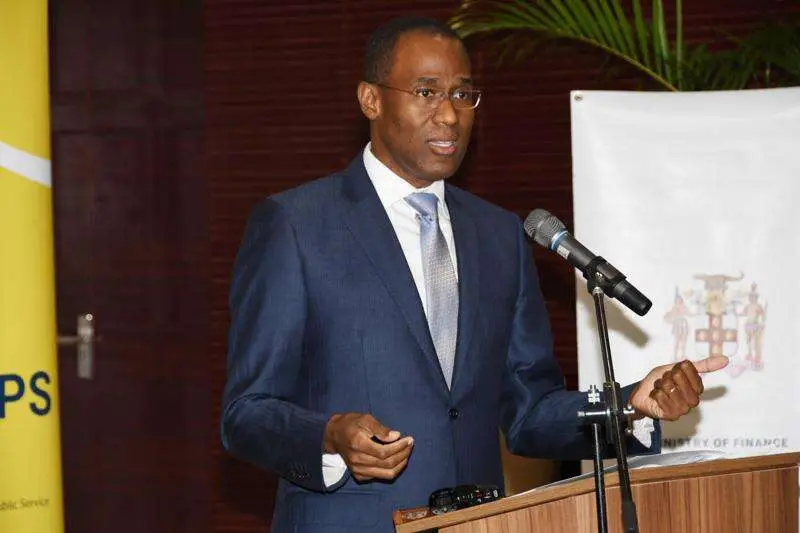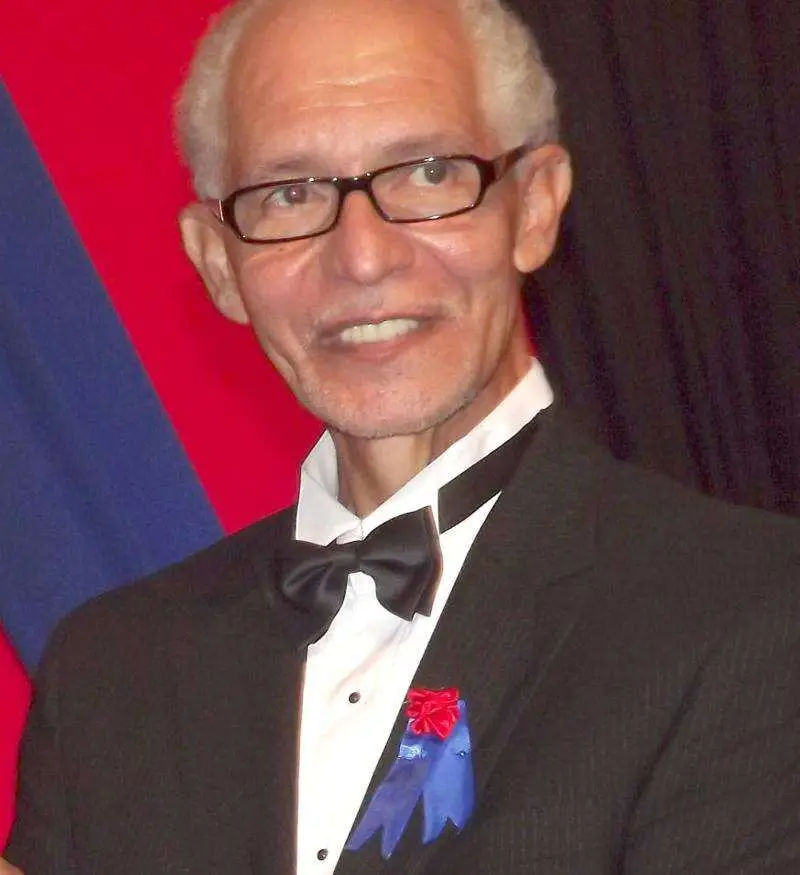
FBI investigation may yield more than we bargained for
When the news first broke about the fraudulent conversion of investors’ portfolios at the Jamaican investment firm Stocks and Securities Limited (SSL), my first thoughts were whether the US financial system was in any way compromised by this criminal act.
The possibility of US anti-money laundering laws being violated in this crime raised the spectre of investigations by relevant US agencies taking a close look. I expected two agencies in particular to be highly interested — the Federal Bureau of Investigation (FBI) and the US Treasury Department’s Financial Crimes Enforcement Network (FinCEN).
The US financial legislative framework penalises any use of the US financial system, whether deposit or investment institutions, to hide or otherwise engage in facilitating illicitly gained funds. Any such use of the US financial system is subject to significant scrutiny. It is money laundering. The penalties for money laundering are severe. Not only are the US financial institutions barred from facilitating such illegal schemes, but perpetrators are subject to significant penalties. It applies not only to US-based citizens, including US corporations and residents, but jurisdiction extends to foreign nationals resident abroad. Thus, the long arm of US laws are also used to prosecute foreign officials or enablers engaged in breaking US anti-money laundering laws and regulations.
For those unfamiliar with FinCEN’s mission, this bureau within the Treasury Department has as its primary responsibility that of safeguarding the US financial system from illicit use and to combat money laundering. FinCEN’s responsibility extends to protecting US national security “through the collection, analysis, and dissemination of financial intelligence and strategic use of financial authorities”. FinCEN disseminates its products for law enforcement purposes, including by building global cooperation with counterpart organisations in other countries and with international bodies. FinCEN follows the money of criminals in their attempts to cover up their ill-gotten gains. The bureau partners with Financial Intelligence Units (FIU) of partner countries in the sharing of financial intelligence and prosecution of money laundering.
The announcement by Jamaica’s Minister of Finance Dr Nigel Clarke, while appearing as a political statement to divert criticisms of lack of effective oversight of the non-deposit financial sector, effectively closing the gate after the horse has escaped, could have far greater implications than the minister intended and much broader reach than he contemplated. The most recent report on Dr Clarke’s expectations was revealed in the February 2 front-page article in the Jamaica Observer headlined ‘No place to hide’. The minister is reported to have said that the involvement of the FBI would extend beyond what was initially expected. He shouldn’t have been surprised. I am not.
Anyone familiar with the role and capacity of the FBI and how the agency deals with any possible compromise of US laws would have known from the very outset that the FBI’s involvement would not be skimming the surface of the fraud or glossing over any aspect of the crime. The FBI would dig deep into the fraud to ensure the US financial system was not compromised and used for money laundering.
The criminals always make the same mistake. American banks are their preferred choice to put their corrupted funds. Thus, the FBI will not be satisfied with merely reviewing a few files. The FBI’s investigators will use their highly sophisticated cyber and forensic capabilities to determine what was done by the fraudsters, who are the fraudsters, what modalities were employed, and the role, if any, of US banks and other financial institutions in facilitating the crime. The FBI’s expected objectives should make some people nervous.
Furthermore, Dr Clarke and the Jamaican Government have reasons to be nervous. A thorough FBI probe will expose any weaknesses in government oversight of the country’s financial system and whether the Government was careless in regulating SSL and other financial institutions in Jamaica. It also means that if the ill-gotten gains from SSL were deposited in Jamaican banks or any deposit-taking institutions, such findings could trigger certain penalties against Jamaican banks. These penalties could extend to restrictions on correspondent banking relationships and payable-through account services to Jamaican banks. Those in the private sector who applauded the minister when he announced he had invited the FBI to help with the investigation may rue the day. But Jamaica will be better off in the long term.
US financial institutions could also be subject to penalties if they failed to exercise due diligence and accepted deposits of illicitly gained funds. They are required to employ thorough know your customers (KYC) standards for all depositors, foreign and domestic. The penalties for egregious violations have been extremely high. Civil penalties in the tens of millions of US dollars have been imposed for violations of money laundering laws. In cases where the violations occurred, many extended over long periods of time and involved large sums of money (hundreds of millions of dollars), the fines have also been in the hundreds of millions.
While the SSL fraud is not comparable to some of the most egregious acts penalised by FinCEN and the US Department of Justice in the past, penalties are likely, even if of lesser proportions. The US generally fries the minnows with the sharks. No one is exempted.
The Government could mitigate the results which the probe will expose if it acts immediately with resolve to proactively fix the glaring problems in the oversight process. New legislation, a strengthened regulatory framework, and significantly increased new penalties (civil and criminal) for violations are actions the Government can take to restore integrity and trust to the process before the investigations are concluded.
Both Government and Opposition parliamentarians must come together to find fixes which all of Jamaica can embrace. Real solutions, not Band-Aid remedies, are required at this time. Any credible solution agreed to by Prime Minister Andrew Holness and Leader of Opposition Mark Golding will resonate with the US Government and its responsible agencies. By acting proactively, the Jamaican Government can assure the US Government of its future ability to prevent a recurrence of this debacle.
Political will is required to get this job done.
Ambassador Curtis A Ward is a former ambassador and deputy permanent representative of Jamaica to the United Nations with special responsibility for Security Council affairs (1999-2002), serving on the UN Security Council for two years. He served three years as expert adviser to the UN Security Council Counter-Terrorism Committee.


























